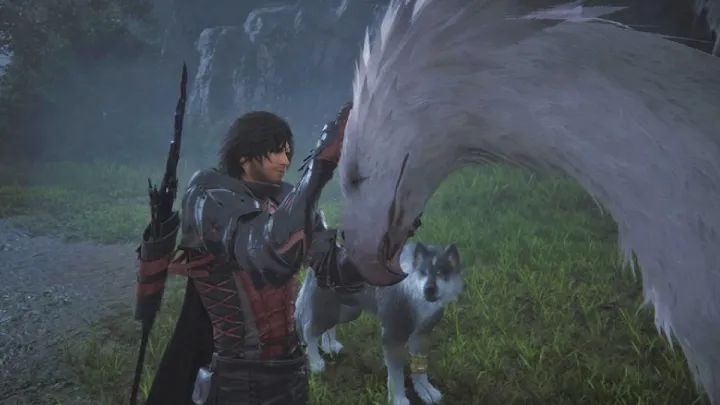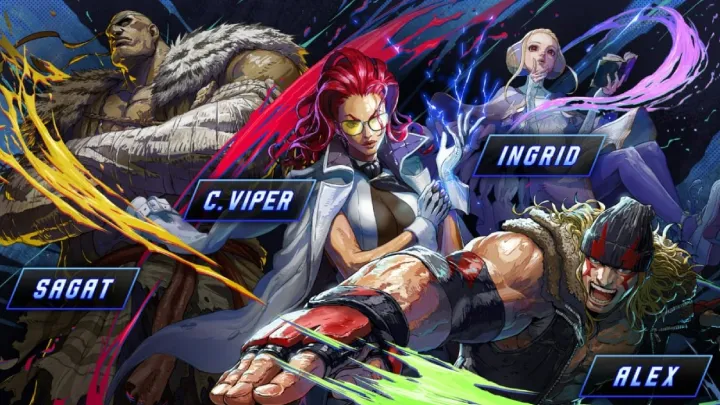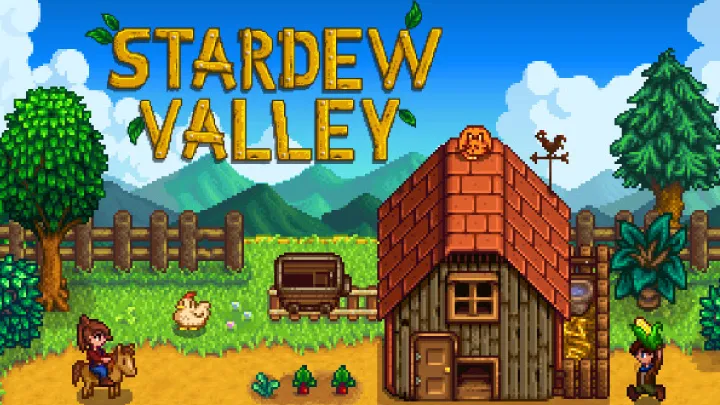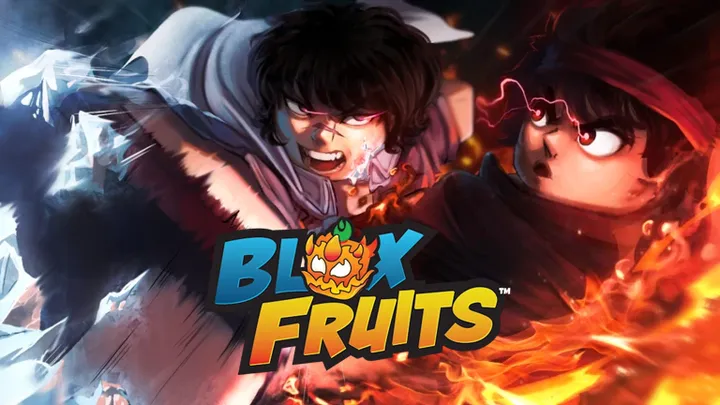Introduction
One of the most fascinating aspects of the gaming industry is how it continues to evolve while still honoring its roots. Many of today’s most beloved titles don’t abandon the past—they blend traditional gameplay mechanics with modern innovations. This balance gives players the best of both worlds: the comfort of familiarity and the thrill of something new.
From franchises that have been around for decades to indie games inspired by classics, these titles show how tradition and modern design can coexist beautifully. Let’s take a closer look at the top games that embody this perfect blend.
1. The Legend of Zelda: Breath of the Wild – Reinventing Adventure
Few games have redefined tradition quite like Breath of the Wild. While it keeps Zelda’s roots in exploration, puzzles, and epic battles, it transforms the formula with a massive open world, physics-based interactions, and complete freedom. By preserving its iconic identity while innovating boldly, the game became a masterpiece that set a new industry standard.
2. Final Fantasy VII Remake – Nostalgia Meets Innovation
The original Final Fantasy VII is one of the most iconic JRPGs of all time. Its remake honors the traditional story and characters fans adore but introduces modern real-time combat, cinematic storytelling, and high-end visuals. It’s a shining example of how a classic can evolve without losing its soul.

3. Pokémon Legends: Arceus – Tradition Reimagined
The Pokémon franchise is built on turn-based battles and collecting creatures. With Legends: Arceus, Game Freak retained the heart of Pokémon while reinventing its world with open exploration, immersive catching mechanics, and dynamic environments. The game shows how even long-standing formulas can adapt to modern player expectations.
4. Street Fighter 6 – Classic Combat, Modern Presentation
Street Fighter has defined the fighting game genre for decades. The latest entry, Street Fighter 6, respects the traditional one-on-one combat style but enhances it with modern graphics, deeper customization, and new mechanics like the Drive Gauge system. It’s the perfect marriage of heritage and innovation.

5. Super Mario Odyssey – Old-School Fun, New Adventures
Mario has always been about creativity, platforming, and joy. Super Mario Odyssey embraces traditional 3D platforming while introducing inventive mechanics like Cappy, which allows Mario to capture and control objects and enemies. This combination makes it feel both familiar and refreshingly new.
6. Monster Hunter: World – Tradition Scaled Globally
For years, Monster Hunter was popular mainly in Japan. With Monster Hunter: World, Capcom retained its traditional hunt-and-craft gameplay but modernized it with seamless open environments, accessibility improvements, and global online features. This blend turned the series into an international phenomenon.
7. Fire Emblem: Three Houses – Strategy with a Fresh Twist
The Fire Emblem franchise has long been beloved for its tactical RPG mechanics. Three Houses maintains this strategy core while adding new layers of storytelling, relationship-building, and school-life simulation. It respects its heritage while delivering something modern audiences crave.
8. Sonic Mania – Classic Platforming with Modern Polish
While many Sonic games struggled to reinvent the wheel, Sonic Mania struck gold by returning to classic 2D platforming. With modern visuals, smoother controls, and new levels alongside remixed classics, it’s a celebration of tradition refined with today’s technology.
9. Resident Evil 2 Remake – Horror Reborn
The original Resident Evil 2 defined survival horror in the late ‘90s. Its remake doesn’t just update visuals—it modernizes gameplay with over-the-shoulder shooting, improved AI, and immersive sound design. By retaining the atmosphere of fear while improving mechanics, it sets the gold standard for remakes.
10. Stardew Valley – Tradition Reinvented by Indie Spirit
Inspired by Harvest Moon, Stardew Valley blends the traditional farming-simulation formula with modern features like multiplayer, extensive customization, and constant updates. It’s proof that tradition can thrive in the hands of passionate indie developers.

Conclusion
The best games don’t forget where they came from. By blending tradition with modern gameplay, these titles prove that innovation doesn’t mean abandoning the past—it means reimagining it. Whether it’s Zelda’s open worlds, Pokémon’s new catching style, or Sonic’s retro revival, these games show that honoring heritage can create timeless experiences that appeal to both longtime fans and new players alike.

















